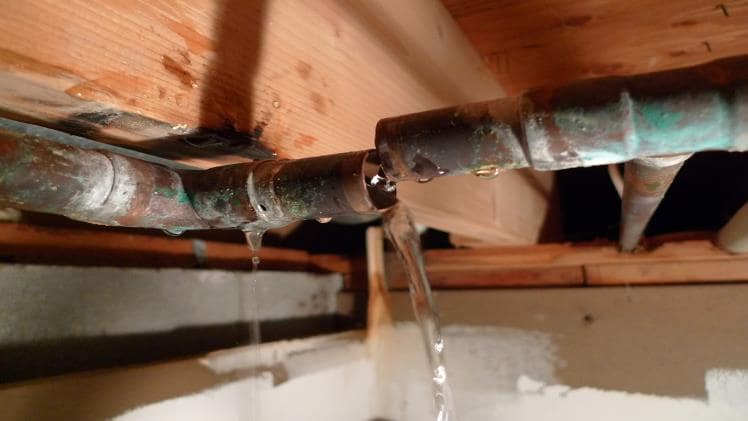If you notice that your water bill is increasing, you might have a leak. But how do you find a water leak in your house? Listed below are a few ways to detect a leak:
One of the easiest ways to detect a water leak is to simply check for discoloration. Look for puddles and spongy areas. You may also notice discoloration on the ceiling or walls. Water that seeps into the walls also causes the growth of mold. If you find these signs, you may need to pull the carpeting. In addition, you can check for dripping noises and warped drywall.
Another way to find a leak is to check the water meter in your home. Water meters are usually located in various locations, including outside the house. The first step in this process is to shut off water from your house. Make sure to leave the appliances off to prevent wasting water when you check the meter. After that, look for any movement on the meter. If the water meter shows any movement, there’s likely a leak somewhere in the water pipes.
The second way to check for a leak is to check your water meter. Usually, water leaks are not visible, but they can be very subtle. Consequently, it is important to find leaks early and fix them before they become a major problem. If you use more water than normal, the dials should move. Wait at least 30 minutes and then check the dials again. If the dials move, you have a leak.
In the Central Florida area, homes may have cast iron pipes. Cast iron pipes are often old and susceptible to rust. The pipes are not sealed or insulated, so they will eventually corrode and leak. To prevent such problems from happening, it’s important to make sure the pipes are not cracked or broken. It’s also important to check for leaks in the walls and ceiling. These leaks may be dangerous, so you should make sure to inspect the plumbing thoroughly.
If you don’t have a water meter, you can also check your gutters and downspouts. Whether they are seamless or not, gutters can collect leaves and other debris that can let water in. If you don’t have a water meter, you can call an expert to help you figure out where the problem is. In the dark, you might need to use a headlamp or a flashlight to see in the dimly-lit areas.
Water leak detection is crucial for commercial buildings and residential homes. If not detected, undetected water leaks can cause extensive damage to your property. The damage can include mold, insects and significant water loss. Detecting water leaks early will save you a lot of money and trouble in the future. You will be glad you did! Take these steps to make sure you don’t lose water in your home or business.
Monitor your water bill to find a possible leak. Water bills can be highly predictable, but if you notice a sudden spike, it might be a sign that you have a leak. A family of four may use more than 12,000 gallons of water per month, and it could be as small as a leaking faucet. In these cases, a leak is most likely a small drip or a crack in a pipe.
Calling a professional plumber to find a leak is a great way to ensure that your plumbing is working properly. They use a combination of leak detection methods to find difficult-to-find water leaks without destroying your property. If you don’t deal with a water leak, it could cost you a lot of money, not to mention damage to your health. You can get a free leak detection service from a local plumber or search online for a reputable plumbing company. That is always a good way to identify leaks. For example, a plumber in Canberra should be able to search for a leak and fix the problem too. They have the skills and knowledge to repair many plumbing problems.
Other ways to identify problems like a leak in your house would be to identify the problem before it begins. For instance, in a kitchen if there is an odor then usually following that odor will lead you to some sort of problem with a leak. A garbage disposal leak can be a slow drip leak that accumulates water over time. With the standing water or sitting water it creates an odor consisting of bacteria and mold that will really help you identify that there is a leak.

